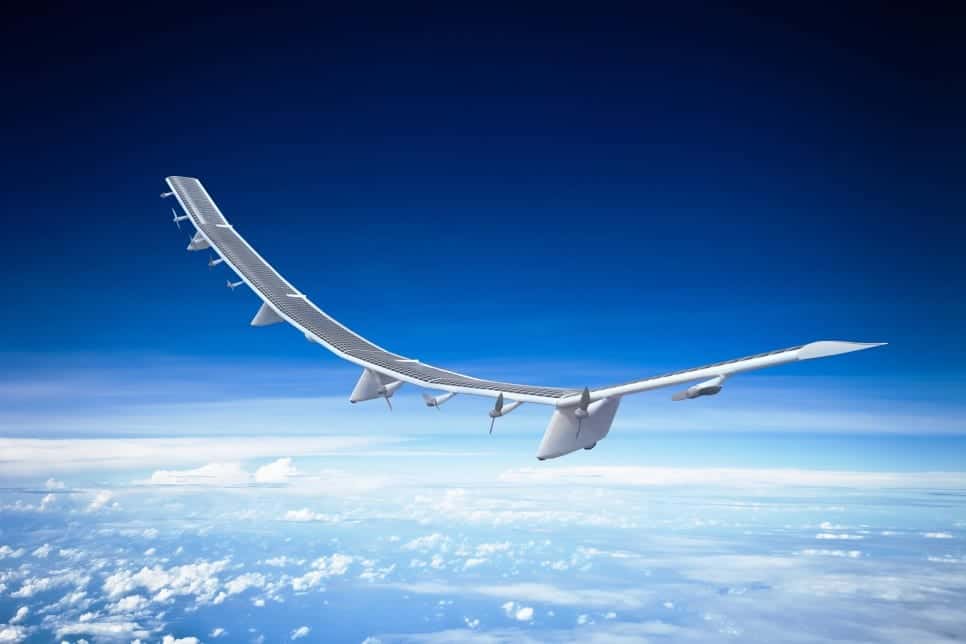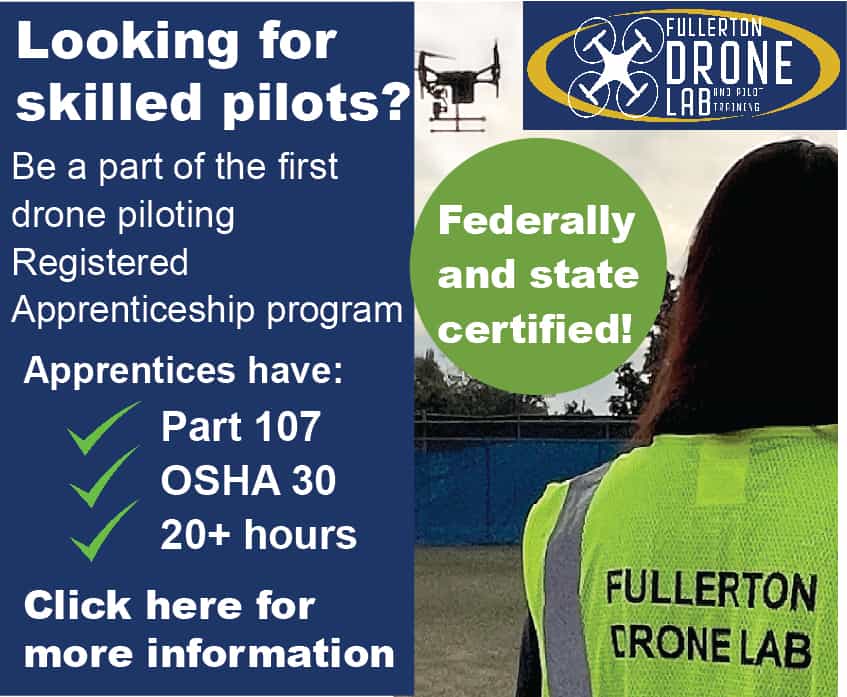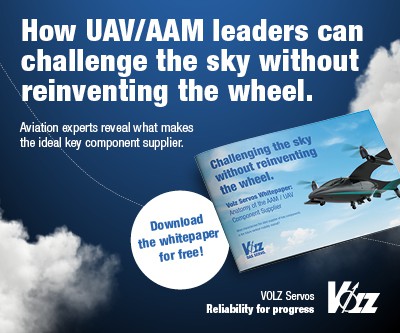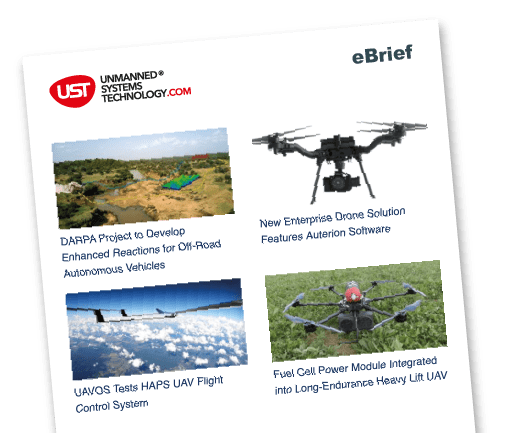HAPSMobile has announced that it has received a COA2 Certificate of Authorization from the FAA (US Federal Aviation Administration) to fly the HAWK30 solar-powered unmanned aerial vehicle (UAV) to provide a stratospheric telecommunications platform system, in the Hawaiian island of Lanai’s stratosphere.
As part of collaborative activities with the PPUTRC (Pan-Pacific UAS Test Range Complex), which is run by public university research institutions, HAPSMobile has been working with the University of Alaska Fairbanks, which manages the PPUTRC, and the University of Hawaii to conduct stratospheric test flights using HAWK30. The University of Alaska Fairbanks applied to the FAA for the COA2 on behalf of the three parties, and received authorization.
With this COA2, HAPSMobile, the University of Alaska Fairbanks and the University of Hawaii will prepare for test flights at Lanai by conducting safety verifications while coordinating with the island authorities and respecting business-related legislation and regulations. The three parties also plan to hold information sessions for community residents in due course to discuss safety considerations and promote understanding of the vision to utilize HAPS in the future.
Junichi Miyakawa, Representative Director & CTO of SoftBank Corp., and also President & CEO of HAPSMobile Inc., said, “We are extremely pleased to receive this COA2 from the FAA. In taking up this major challenge to provide telecommunications connectivity from the stratosphere, this approval represents a major step forward. We will continue to work toward our goal of bridging the world’s digital divide and revolutionizing mobile networks by leveraging HAPS.”
While continuing to collaborate with the University of Alaska Fairbanks and the University of Hawaii, HAPSMobile will continue to move its HAPS business forward by leveraging test flights at Lanai and other activities. Furthermore, while utilizing the advantages of HAPS, HAPSMobile aims to contribute to Lanai in a number of areas, including environmental conservation and agriculture.



















